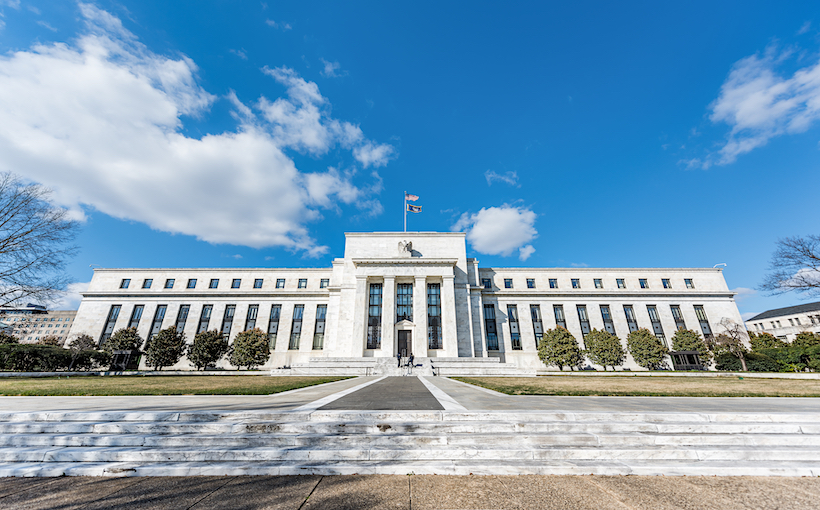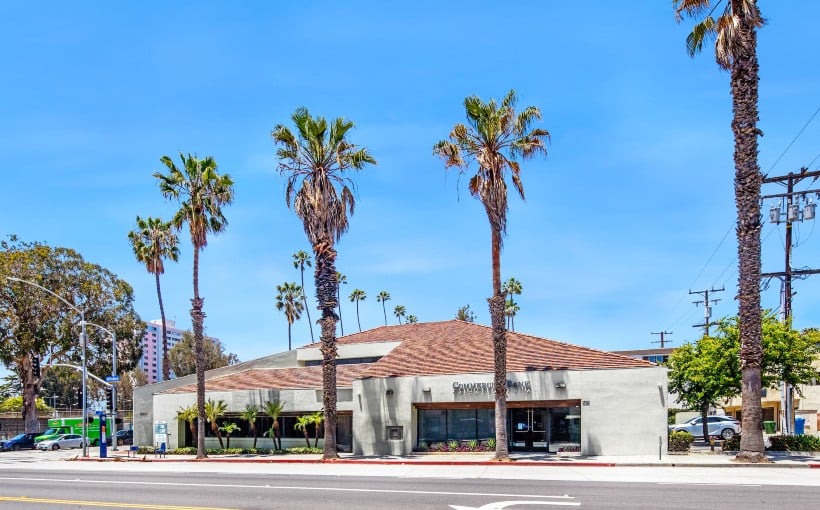Ryan Severino, chief economist and head of U.S. research at BGO, recently forecasted that the U.S economy will avoid recession in 2023 and likely do so in 2024 if notable headwinds are not too great to overcome. In his inaugural edition of a newsletter on LinkedIn, Severino summarized his report with five key thoughts:
Focus #1 – GDP: According to Severino’s report, while growth is slowing there is still expected to be positive calendar year growth through 2024 as long as the Federal Reserve does not tighten too much – which would cause a post-war recession in the United States.
Focus #2 – Employment: The labor market should continue easing over the balance of this year despite an ongoing labor shortage; however net job gains should slow due to persons returning to workforce being met with slower hiring rates and some job losses – yet these impacts are expected be muted compared previous economic slowdowns because of pronounced labor shortages currently present . Focus #3 – Inflation : It has been getting overstated due primarily lag effects associated with shelter costs; excluding those costs inflation is growing slowly but it should decelerate by end of year when lagged decline from shelter costs filters through major indexes – though it may still sit above Fed target rate by then . Focus #4– Interest Rates : With slowing inflation , probability for another hike this fall has decreased significantly ; regardless , no cuts are anticipated for 2023 leaving fed funds rate around mid 5% range come end 2020 . Focus#5– Commercial Real Estate Implications : Generally speaking , environment characterized by positive economic growth & tight labour market along w/ decreasing inflation & prospect lower interest rates would represent clear positives CRE markets ; however Fed’s short term agenda taking precedence until clearer direction given from them causing holding pattern amongst participants wanting avoid making mistakes .
Two risks were noted within full report including potential policy mistakes made my Federal Reserve (i.e consequences shifting “from doing too little do doing too much”) or political rancor sacrificing health economy via fiscal policies




